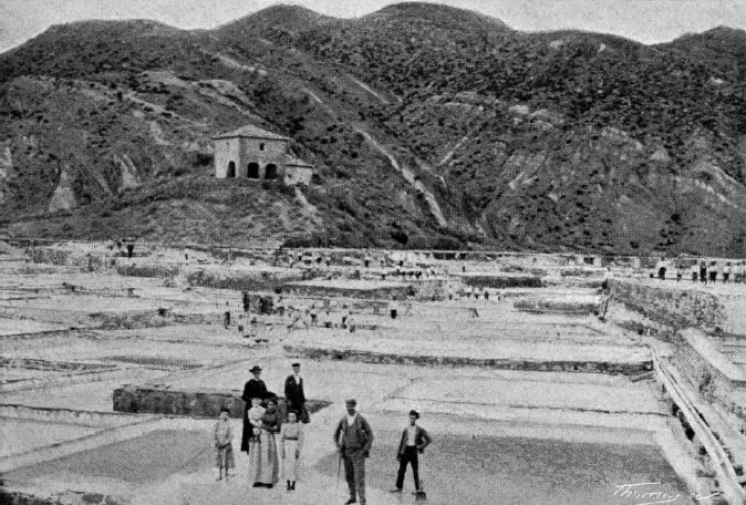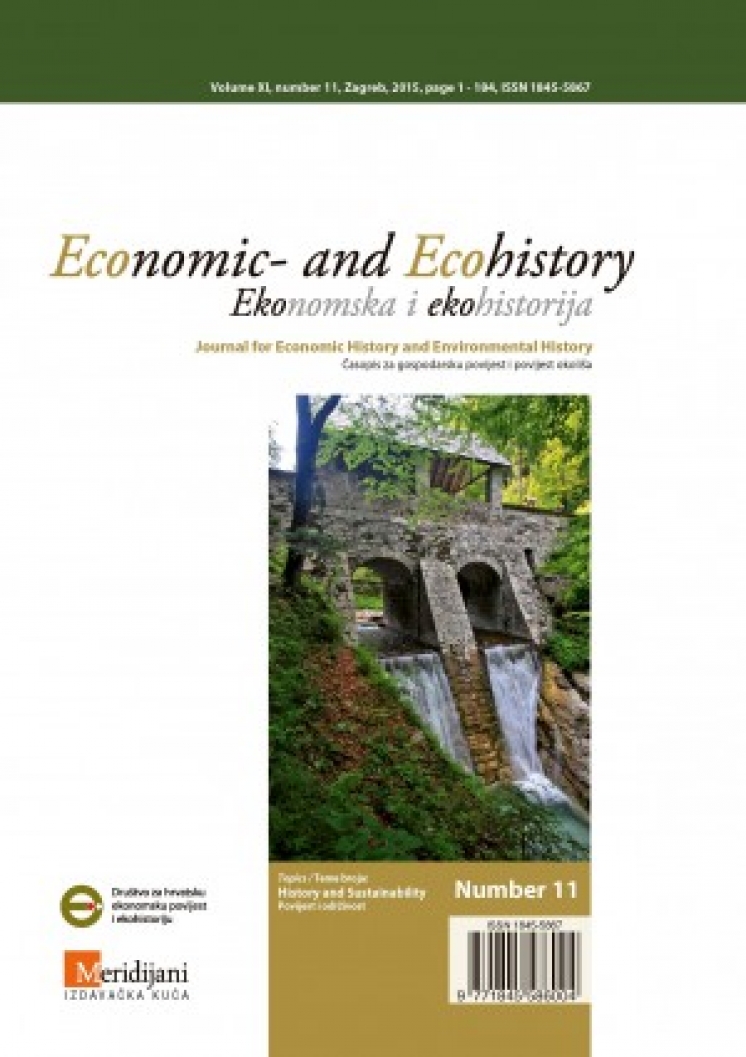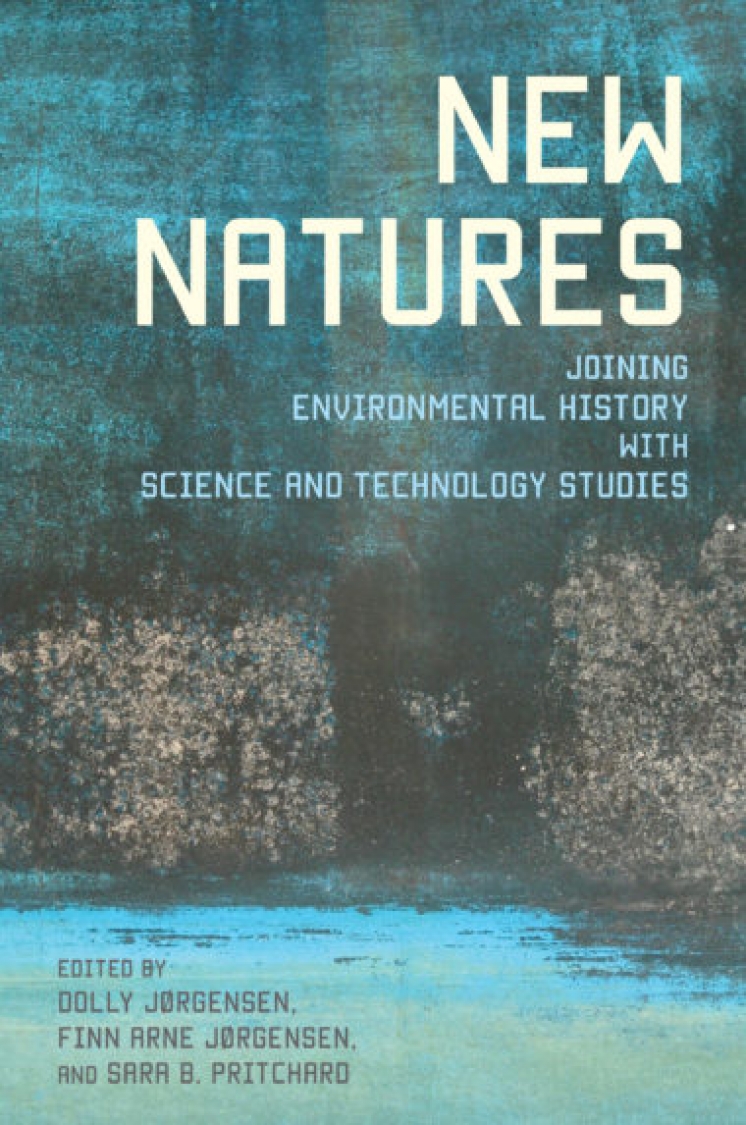CfP: An Existential Toolkit for Climate Educators Workshop
3-5 July 2020
Conveners: Jennifer Atkinson, Elin Kelsey, Sarah Ray
Location: Rachel Carson Center for Environment and Society, Munich, Germany
Proposal Deadline: 18 November 2019
This workshop seeks materials and presentations for an interdisciplinary workshop that will address the following question: how can educators, activists, and community leaders help students navigate the emotional impacts of ecological degradation and social injustice in the age of climate disruption? Our aim is to develop a practical toolkit for educators, students and activists across disciplines and professions, with potential emphasis on pedagogical applications, curricular implications, and even co-curricular connections (counseling and wellness, student life, etc).
Read more...
Norwegian Graduate School in History: "Environmental and Climate History: The Role of History in Society" (16-18 December 2019)
The recently founded Norwegian Graduate School in History will be holding a PhD-course on environmental and climate history from December 16-18. The course will grapple with questions such as Does the call for a greener political regime require a reevaluation of the way historians think about history? How do you reconcile the timescale of the climatologists with time as it is understood by historians? Can environmental histories of climate be a bridge between “the two cultures” in academia: the natural scientists and the humanists? And more generally: What is the role of history in society?
As the regional representative for the European society for environmental history, we wondered whether you would be interested in informing students about the course? We would be very happy to have international students participating. The Norwegian Graduate School in History have a budget to provide five scholarships to cover travel and accommodations.
The student will also earn 3ECTS, so it might be a good opportunity for PhD-candidates in their early phase of the PhD program.
Here is the link to the course: https://www.hf.uio.no/iakh/english/research/the-norwegian-graduate-school-in-history/Courses/public-history%281%29.html
Kind Regards,
Anna Marie Skråmestø Nesheim
Coordinator for the Norwegian Graduate School in History
III Congreso Internacional sobre la sal (Peralta de la Calasanz, 7, 8 y 9 de noviembre de 2019)
CfP: Historical Climatology in the Context of Human and Environmental History of the South-Eastern Europe, the Carpathian Basin and the Eastern Alps
The journal Economic and Ecohistory opened the call for papers for its 2020 special issue Historical Climatology in the Context of Human and Environmental History of the South-Eastern Europe, the Carpathian Basin and the Eastern Alps. We kindly ask all potential authors to have a look at the attachment. Please inform the editors that you plan to contribute by early October 2019, deadline for submission of complete manuscripts is 1 April 2020.
For more information see: http://eseh.org/wp-content/uploads/EEH-Call-for-papers-2020.pdf
Faculty Careers at IU: Asst, Assoc, Full Professor, History, US Environmental History Professor
Below you will find the details for the position including any supplementary documentation and questions you should review before applying for the opening.
New Natures - Joining Environmental History with Science and Technology Studies
New Natures broadens the dialogue between the disciplines of science and technology studies (STS) and environmental history in hopes of deepening and even transforming understandings of human-nature interactions. The volume presents richly developed historical studies that explicitly engage with key STS theories, offering models for how these theories can help crystallize central lessons from empirical histories, facilitate comparative analysis, and provide a language for complicated historical phenomena. Overall, the collection exemplifies the fruitfulness of cross-disciplinary thinking.
The chapters follow three central themes: ways of knowing, or how knowledge is produced and how this mediates our understanding of the environment; constructions of environmental expertise, showing how expertise is evaluated according to categories, categorization, hierarchies, and the power afforded to expertise; and lastly, an analysis of networks, mobilities, and boundaries, demonstrating how knowledge is both diffused and constrained and what this means for humans and the environment.
Contributors explore these themes by discussing a wide array of topics, including farming, forestry, indigenous land management, ecological science, pollution, trade, energy, and outer space, among others. The epilogue, by the eminent environmental historian Sverker Sörlin, views the deep entanglements of humans and nature in contemporary urbanity and argues we should preserve this relationship in the future. Additionally, the volume looks to extend the valuable conversation between STS and environmental history to wider communities that include policy makers and other stakeholders, as many of the issues raised can inform future courses of action.






